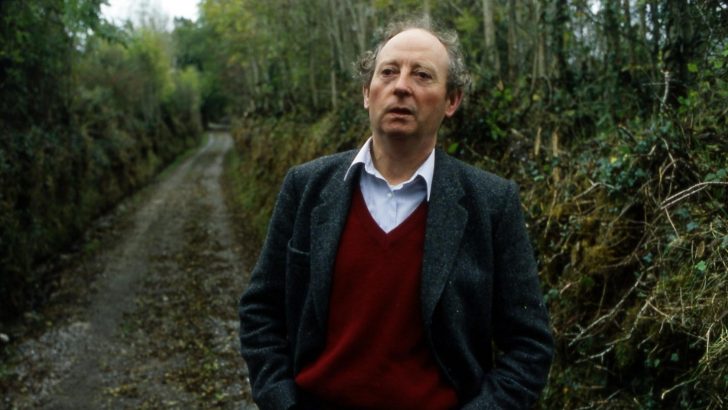In this series some of our literary collaborators will be giving suggestions for lockdown reading, books of all kinds to enlighten us and raise our spirits. This week Mary Kenny writes of John McGahern’s Amongst Women (1990), a novel of ordinary family life in provincial Ireland built around the life experiences of an embittered Republican veteran.
Lockdown has been both frustrating and depressing, but it’s also been a terrific time for books, and I’ve been reading, and re-reading, the author I consider to be one of the finest voices in Irish modern literature, John McGahern.
McGahern combines an unerring instinct for storytelling with a deep sensibility about the human spirit, the interweaving of relationships, and a compelling gift of evoking the Irish countryside of the north-west plains around Leitrim, Cavan and Roscommon.
We may think of this area of Ireland as somewhat flat – it’s less wild and dramatic than the rugged coastal areas, but McGahern writes with nostalgic lyricism about his home terrain.
Quite often, his stories have similar themes, but because he’s such a magical writer, his technique always works. Amongst Women brings us the familiar portrait of a controlling man, farmer, widower and rural patriarch: Moran verges on the tyrannical, and yet his children really love him, as does his second wife, Rose. The back story is that Moran fought bravely in the War of Independence, and yet, nursed a grudge, subsequently, that those who fought often didn’t get the spoils, which, he feels, went to a more adroit bourgeoisie – the doctors, civil servants, clergy.
Yet he’s not anti-clerical – “leave the priests out of it”, he tells another Republican veteran who grumbles about the clergy. The family Rosary is also a compulsory part of his daily ritual, and to some degree a means of controlling his family. But it’s also a rite of family cohesion: just as grace before meals is a means of showing due gratitude.
Relic of the past
A Protestant neighbour is helpful with farm machinery and Moran now sees the country Protestants more like himself, a kind of relic of the past.
The story charts the gradual social changes between the 1950s and 60s, through the various life-choices of his five children. A typical McGahern passage describes with great vividness the harvest traditions of Irish country life; and, the funeral rites at death, where the clocks in the house are stopped, and all ends with a decade of the Rosary.
McGahern achieves the greatest accomplishment for a novelist: to draw you entirely into the world he has evoked.


 Mary Kenny
Mary Kenny John McGahern
John McGahern 